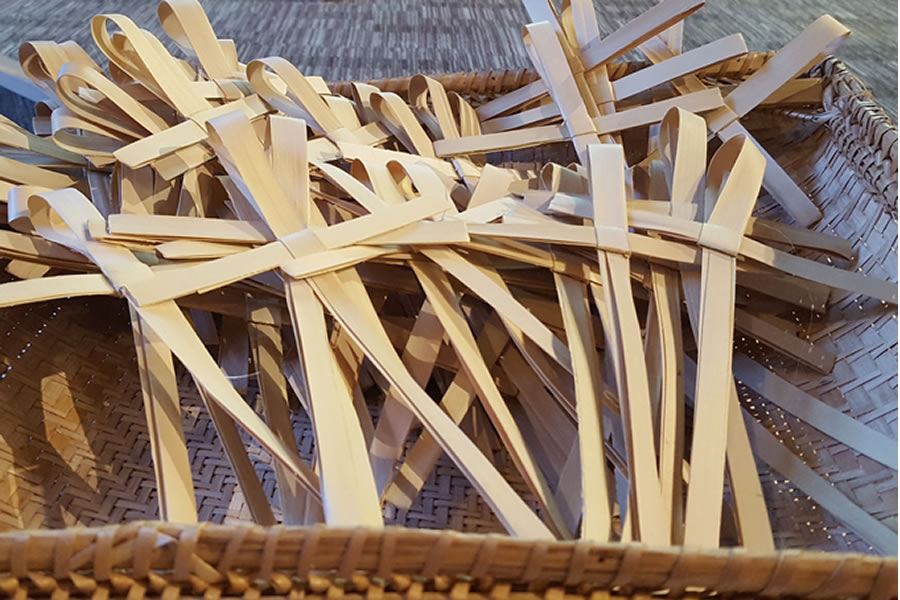
Palm Sunday - A Week to Remember - Mk 14:1 15:47
03-24-2024Weekly ReflectionFr. Bing ColasitoFill in the blanks: 1.) _________ is greater than God, 2.) _________ is more evil than the devil. Palm Sunday of the Passion of the Lord is the official name of this liturgical celebration. Holy Week starts with the festive celebration when Jesus enters Jerusalem. People welcomed Him by spreading their cloaks on the road while others spread reeds they had cut in the field. Still, others got palm branches and met Jesus with a joyful cry, Hosanna! Blessed be He who comes in the name of the Lord. But the sad thing is that after a few days, the same people will be shouting; Crucify him! Crucify him!
Today, we intensify our Lenten journey with the beginning of the Holy Week. Let us be reminded this week of our nothingness, especially to realize that we are nothing without God. Let us not focus on our achievements and successes that often lead to pride. Work not to be successful in the eyes of the world but rather to be worthy in the eyes of God. Nothing and no one is greater than God. All our successes are nothing if we fail to acknowledge that they are made possible through the grace of a merciful, compassionate, and loving God.
Palm Sunday, in a sense, gives us a summary of what Holy Week is all about. It is a glimpse of the two sides of the paschal mystery of our Lord Jesus Christ: His suffering and His glory, and His death and triumph over death. But His ultimate victory is not the triumphant entry to Jerusalem but His glorious entrance into heaven. His victory over death is what we celebrate on Easter Sunday. Palm Sunday invites us to enter into the mystery of our faith: it is a time when all of us must be more spiritually attentive than ever.
The passionate love of God for His people for humanity is also His forgiving love. It is so great that it turns God against Himself, His love against His justice. Here, Christians see a dim prefigurement of the mystery of the cross. So great is the love of God for man that by becoming man, He follows Him even unto death and so reconciles justice and love. (Deus Caritas #10) The death of Jesus on the cross is the culmination of that turning of God against Himself in which He gives Himself to raise man and save him. His kind of love is the most radical form. By contemplating the pierced side of Christ (cf. Jn.19:37), we can understand that God is love (1Jn. 4:8). It is there that we contemplated this truth. It is from there that our definition of love must begin. In this contemplation, the Christian discovers the path along which his life and love must move. (Deus Caritas #12)
This Holy Week, I invite everyone to reflect on the Passion of Christ and open our hearts to the mystery of the great love of God for us. And maybe, like Simon of Cyrene, discover the special grace of sharing the cross of our Lord and offering our lives for others in love with Him.
Answer: Nothing
Lord, help us to fill in the blanks now so we will not fail the final exam. Amen.
BACK TO LIST